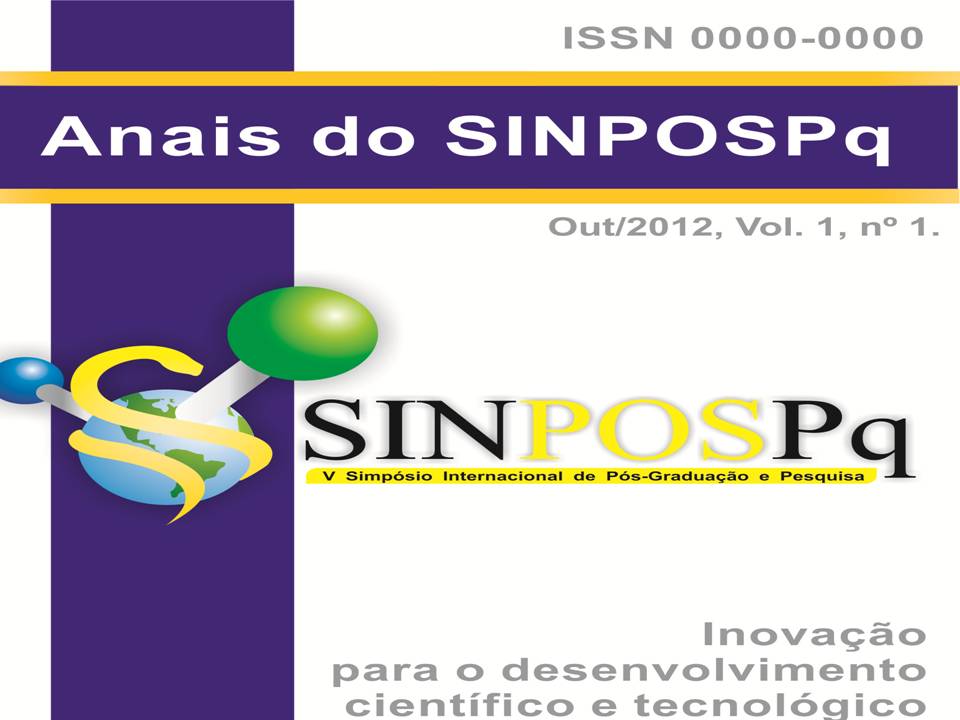BIO053 New approaches to therapeutic interventions on murine experimental schistosomiasis
Abstract
Schistosoma mansoni infection triggers schistosomiasis, a serious public health problem especially in developing countries. In an infected person, after worms maturation, the deposited eggs enter the bloodstream and are trapped in the microvasculature of the liver, inducing the granulomatous response: a pathological element of chronic schistosomiasis. Also, the adult worms may clog the blood system, which induces circulatory congestion characteristic of the disease. One way of adult worms escape the immune system is related to the structure of the outer membrane of the parasite, which is comprised of host molecules, which mask antigenic epitopoes present in the inner layer of the parasite. The chemotherapy with Praziquantel (PZQ), used to control the disease, induces disruption of the parasite outer membrane, exposing the antigenic molecules. Furthermore, studies suggest that leukotrienes are potent pro-inflammatory agents, protecting against various infectious agents.Downloads
Download data is not yet available.
Downloads
Published
2012-12-28
How to Cite
ROCHA, C. C. de S.; ESPÍNDOLA, M. S.; FONTANARI, C.; TREVILATO, O. M.; RODRIGUES, V.; FACCIOLI, L. H.; FRANTZ, F. G. BIO053 New approaches to therapeutic interventions on murine experimental schistosomiasis. Revista Eletrônica de Farmácia, Goiânia, v. 9, n. 1, p. 1, 2012. Disponível em: https://revistas.ufg.br/REF/article/view/21919. Acesso em: 22 dec. 2024.
Issue
Section
Artigos Originais
License
Copyright (c) 2021 Revista Eletrônica de Farmácia

This work is licensed under a Creative Commons Attribution-NonCommercial 4.0 International License.
Termo de responsabilidade de autoria e acordo de transferência do copyright, indicando a categoria do artigo, segundo as definições explicitadas nestas normas, responsabilizando os autores quanto a existência de plágio e autorizando a Revista Eletrônica de Farmácia sua publicação, devem estar assinados por todos os autores e anexado ao sistema como documento suplementar no momento de submissão do manuscrito.
Os direitos autorais da versão final do artigo são de propriedade da REF. O conteúdo da Revista ficará disponível para toda a comunidade científica.

